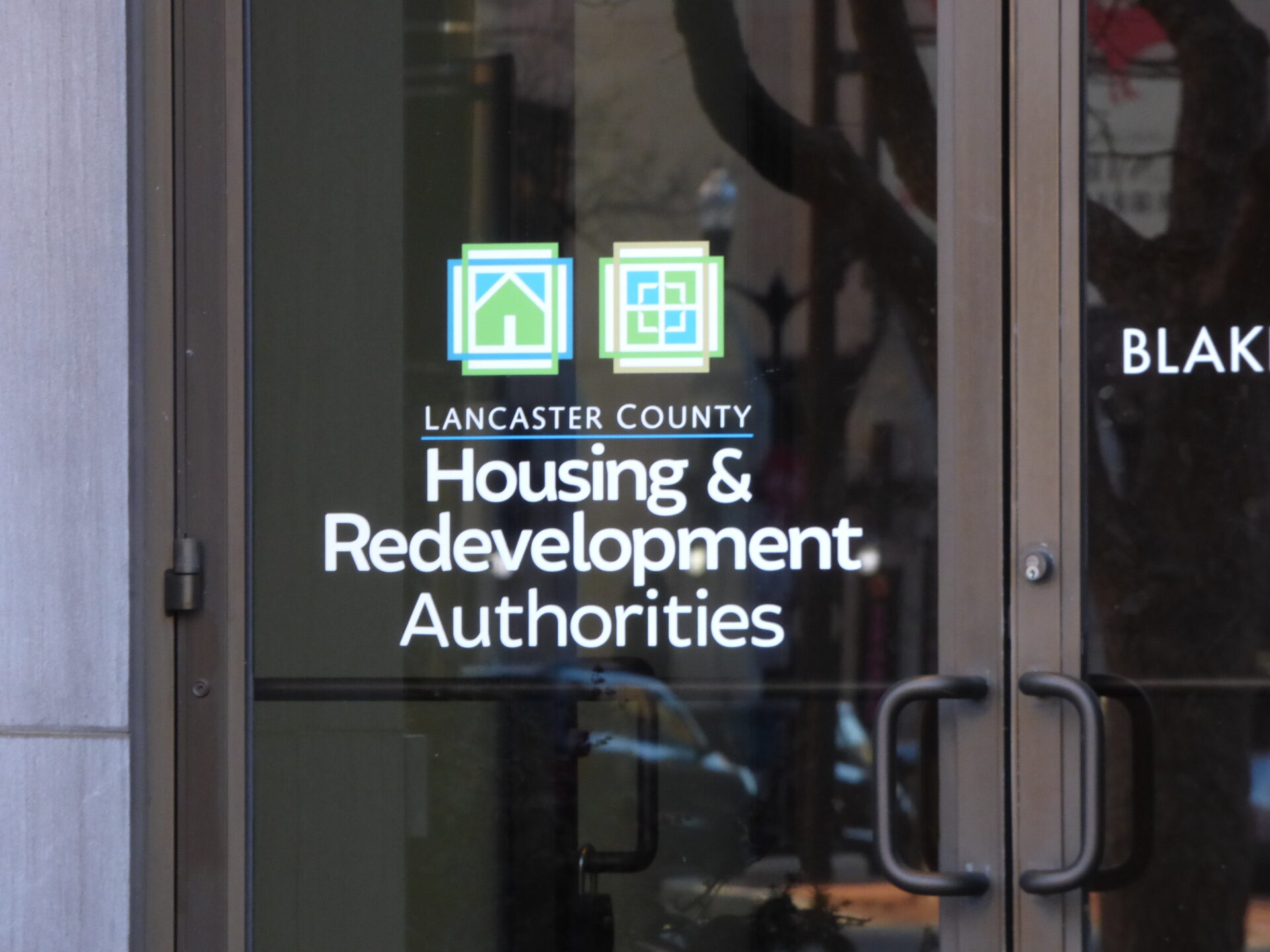Since early 2021, Lancaster County’s federally funded Emergency Rental Assistance Program, ERAP, has been pushing out millions of dollars to support tenants affected by the coronavirus pandemic.
Now, as the amount of remaining funds dwindles, local administrators have announced adjustments to the program, aiming to conserve the money that’s left and use it to help those most in need.
The Lancaster County Redevelopment Authority announced the changes this week on its website and in emails to tenants and landlords. They follow mid-July’s imposition of a moratorium on new applications. That moratorium remains in force: No new applications are being accepted, or will be.
Hotel stays ending

The most immediate change is the authority’s decision to end the use of ERAP for hotel stays. That takes effect this coming Tuesday, Nov. 1.
That part of the program, formalized last December, was intended as a stopgap measure. Hotel stays are supposed to last no more than 90 days “or until permanent housing is obtained.”
This past winter, nearly 100 households were staying at local hotels through ERAP. That number is down to about 30 or so, authority Executive Director Justin Eby estimated.
Around a dozen ERAP households are lodging at the Budget Host Inn on Route 30, according to hotel staff. Most are scheduled to check out Monday or Tuesday.
Hotel residents who haven’t exhausted their 90-day eligibility can stay until it runs out, Eby said. Meanwhile, the authority and its partners are working with them to secure permanent housing.

Dorie Morrison has been staying at the Budget Host through ERAP since late July. Previously, she was housed at the Motel 6 nearby, but was displaced along with scores of others when it flooded. Before relocating to the Budget Host Inn, she spent a week sleeping in her car.
She hasn’t had a permanent address since her landlord refused to renew her lease last November. But it hasn’t been for lack of trying, she said.
She’s made endless calls to landlords and social service agencies. She has qualified for a voucher for low-income disabled renters, but even with that, she struggled to find an apartment she could afford and that would let her keep her two beloved dogs.
As recently as Thursday, she worried that she might end up sleeping in her car again, as the apartment she was hoping to rent was still undergoing repairs. As of Friday afternoon, she had found an available unit at a different property, but it was unclear if she could use her voucher there.
It’s been frustrating and humbling, she said: “I’ve been so desperate. … I never imagined it was going to take this long.”
The authority is aware of Morrison’s situation, Eby said. It and its partners are committed to working with her and all ERAP recipients as needed to help them achieve housing stability, he said.
“We’re not ignoring anyone,” he said.
New deadlines, tighter time limit on aid
Most of the authority’s changes to ERAP affect the thousands of households who are receiving it to support them remaining in their existing housing.
Applicants who haven’t documented their eligibility must do so by the end of this year, the authority said. Then, beginning next year, applicants can receive no more than 12 months of assistance in total, including any payments made since March 2021. Previously, the maximum was 18 months. Households receiving at least six months of assistance must enroll in case management services.

The goal is to transition to an “eviction prevention” model, authority Eby said. Right now, ERAP is paying out about $4 million a month, which is unsustainable; the authority anticipates getting that down to $1 million or less, he said.
Other counties are making similar changes as their money dwindles. The authority and the nonprofits collaborating with it on ERAP want to make the transition as smooth as possible for recipients, Eby said, but he acknowledged it won’t be easy.
Lancaster County, like much of the country, has an acute shortage of affordable housing, with studies suggesting it would take up to 20,000 affordable units to fully meet demand.
In August, a local landlord told One United Lancaster that his tenants have come to rely on ERAP, using the money they’re saving on rent to pay down other bills.
Eviction prevention
According to the authority’s data, it received 8,878 applications before the moratorium, of which 4,886 have been approved. The majority of the latter are active, with rent payments ongoing.
They have been paid out of $58.8 million in ERAP funds received through the state and directly from the U.S. Treasury. Eby was not immediately able to say exactly how much ERAP money remains.
About $10 million from the state is still available, he said. The authority also has money remaining from its Treasury allocation. However, the Treasury’s guidance allows a portion of that money to be redirected to fund affordable housing construction. The authority is interested in doing so, as it would have a long-term impact, Eby said.
One of the authority’s main partners in ERAP is Tenfold, which assists with processing applications and offers financial counseling and budgeting.
Prior to the pandemic, Tenfold had been a lead agency in the Eviction Prevention Network, a coalition that provided case management, buttressed with limited financial assistance in some cases. As ERAP ebbs, things will shift back to that approach, Chief Impact Officer Jake Thorsen said.
Tenfold anticipates an increase in ERAP recertifications between now and the end of the year, as households secure the remaining assistance for which they’re eligible. After that, the emphasis will shift to counseling and case management, he said.
The authority’s changes to ERAP “will allow the limited funds to ensure people stay housed and avoid eviction,” he said.






